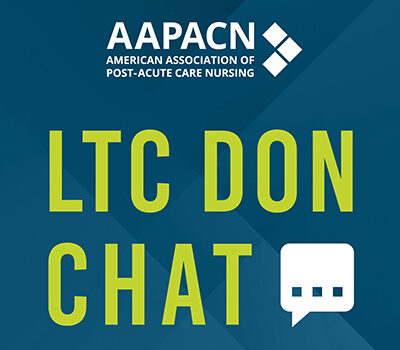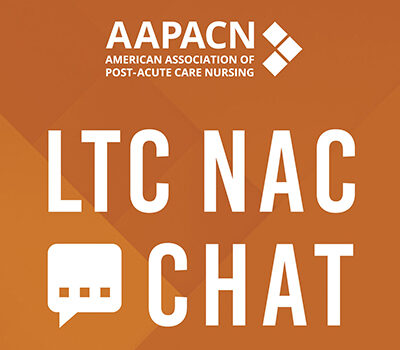How the Occupational Therapist Can Collaborate with the Director of Nursing Services
In this podcast, Amy Stewart, MSN, RN, DNS-MT, QCP-MT, RAC-MT, RAC-MTA, chief nursing officer for AAPACN, and Colleen Oakley, OTR/L NHA RAC-CT, senior director of operations for Rehab America and treasurer and member of the AAPACN Board of Directors, discuss ways that the occupational therapist (OT) can collaborate with the …
Podcast (ltc_don_chat): Play in new window | Download (Duration: 10:37 — 6.5MB) | Embed




